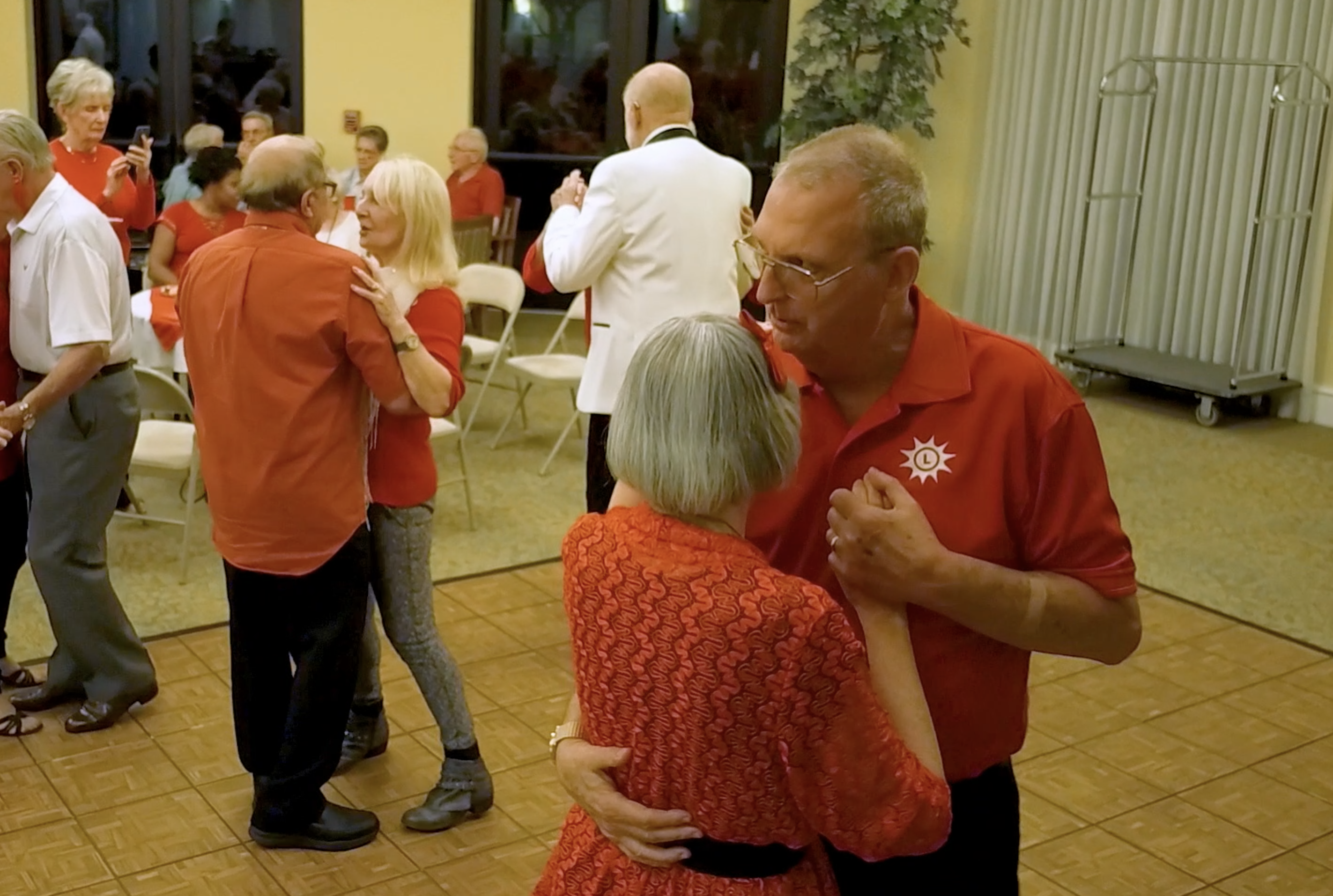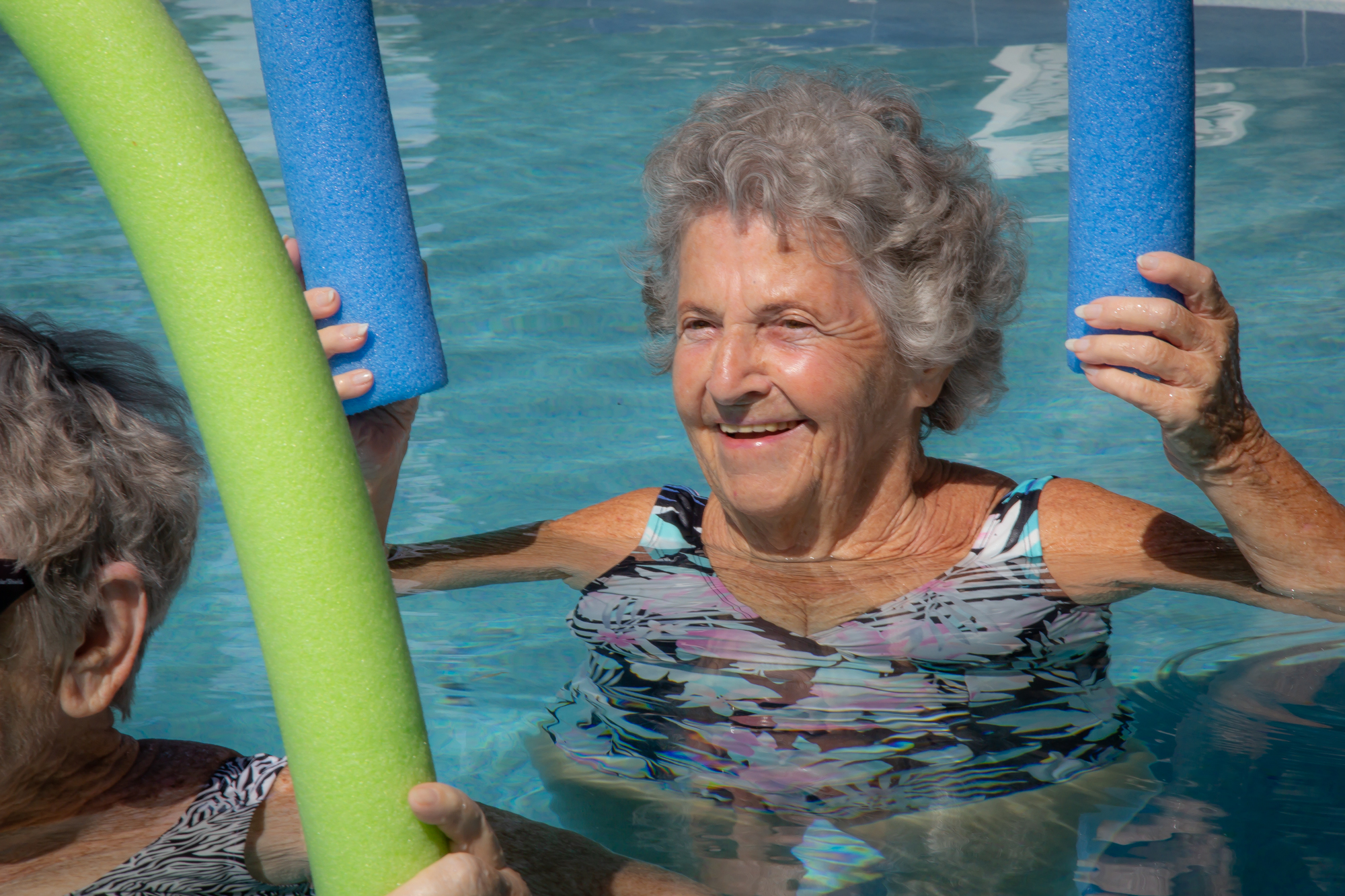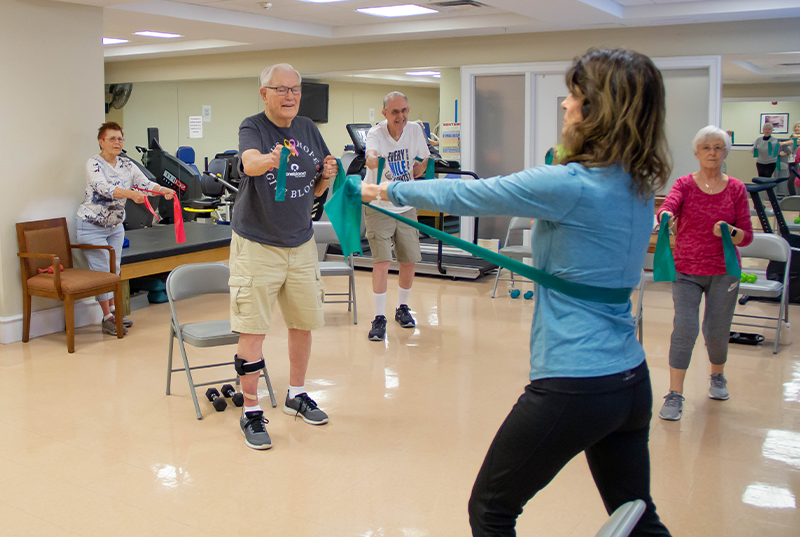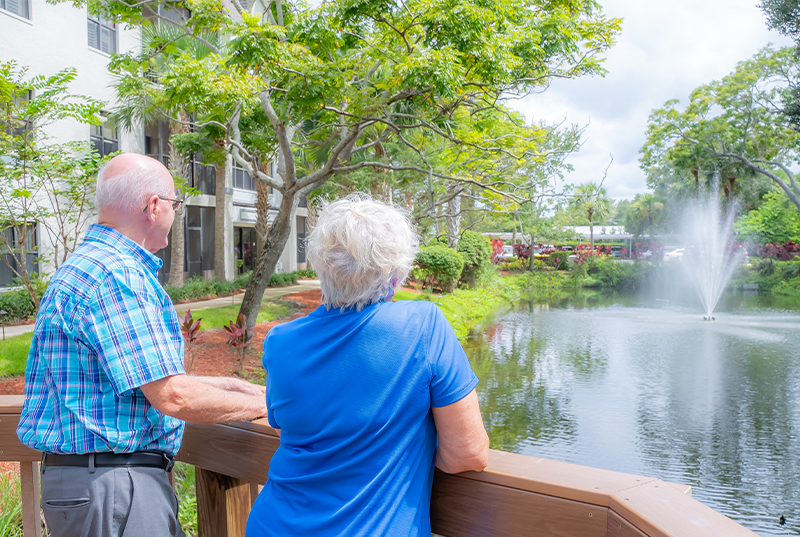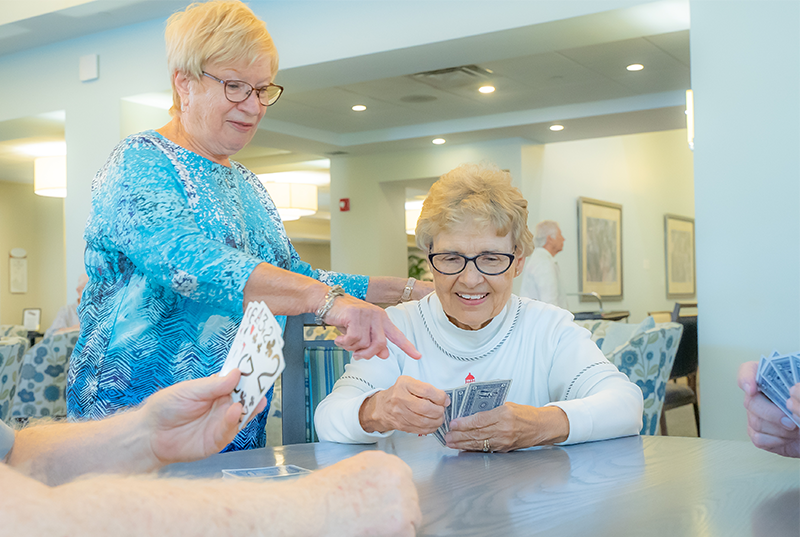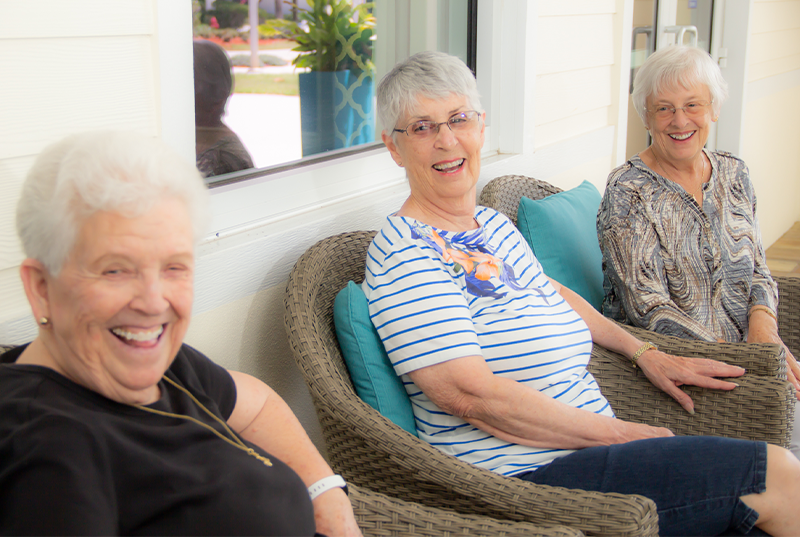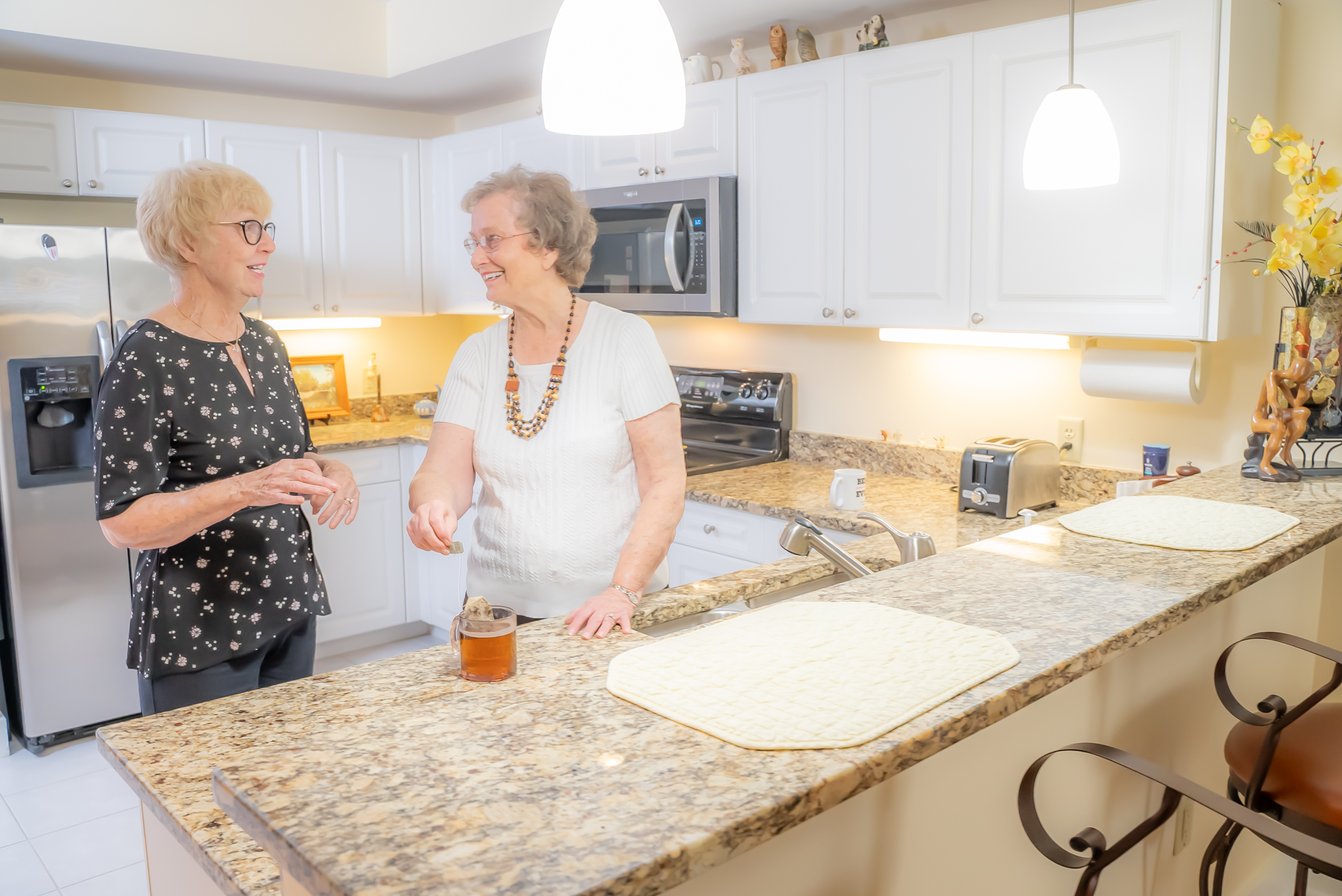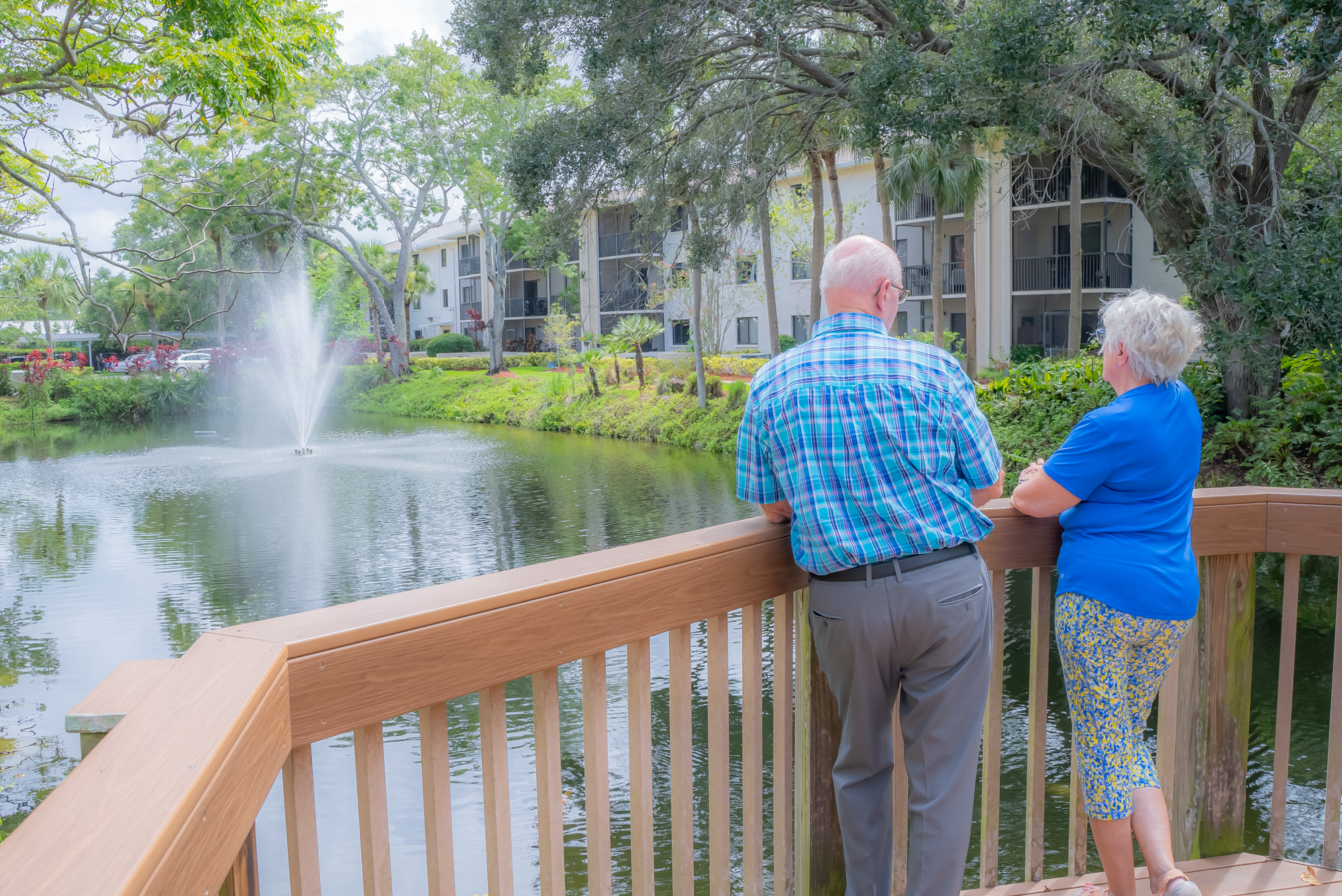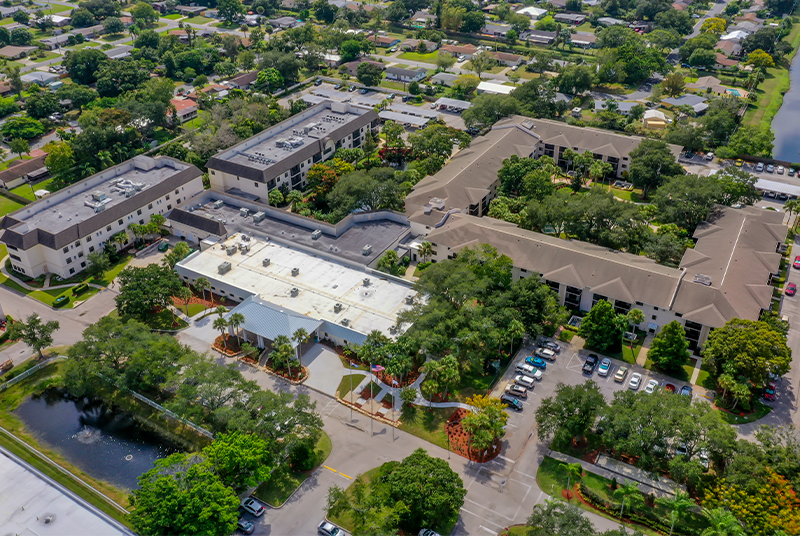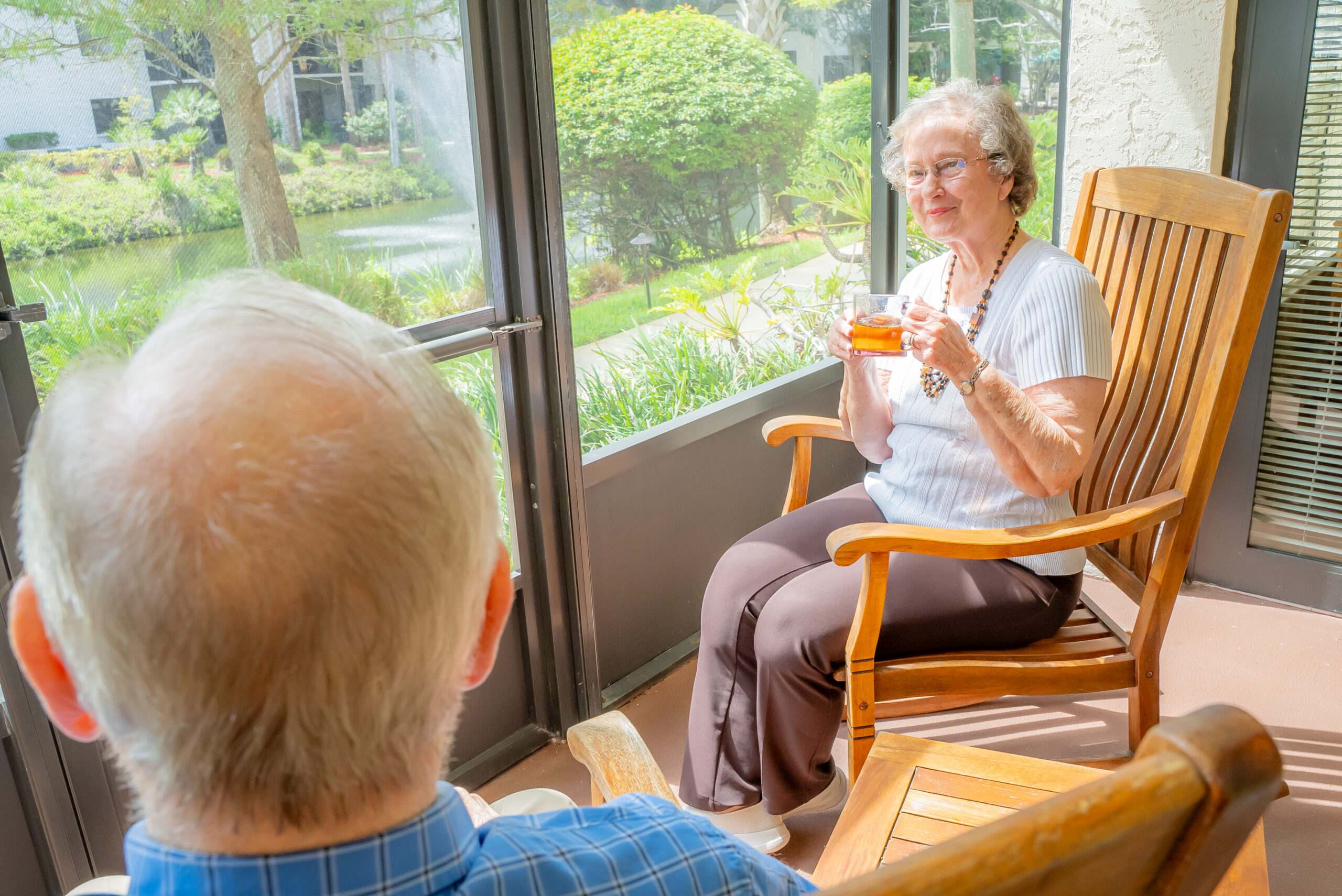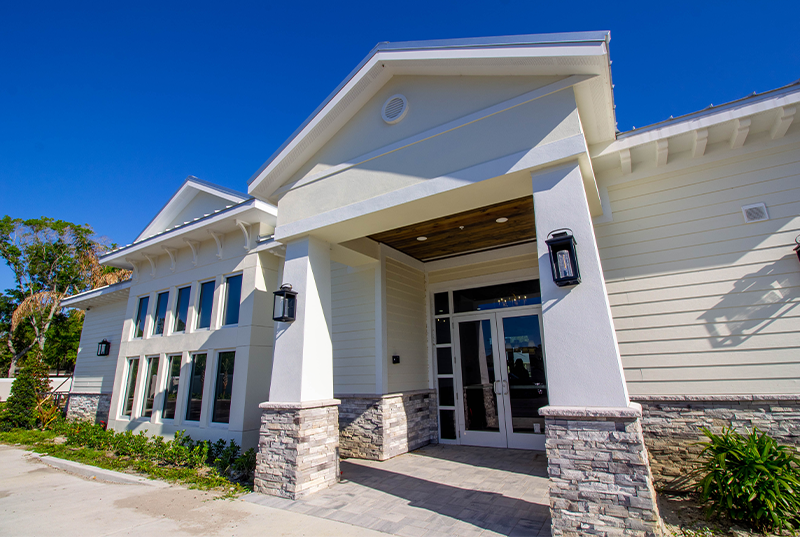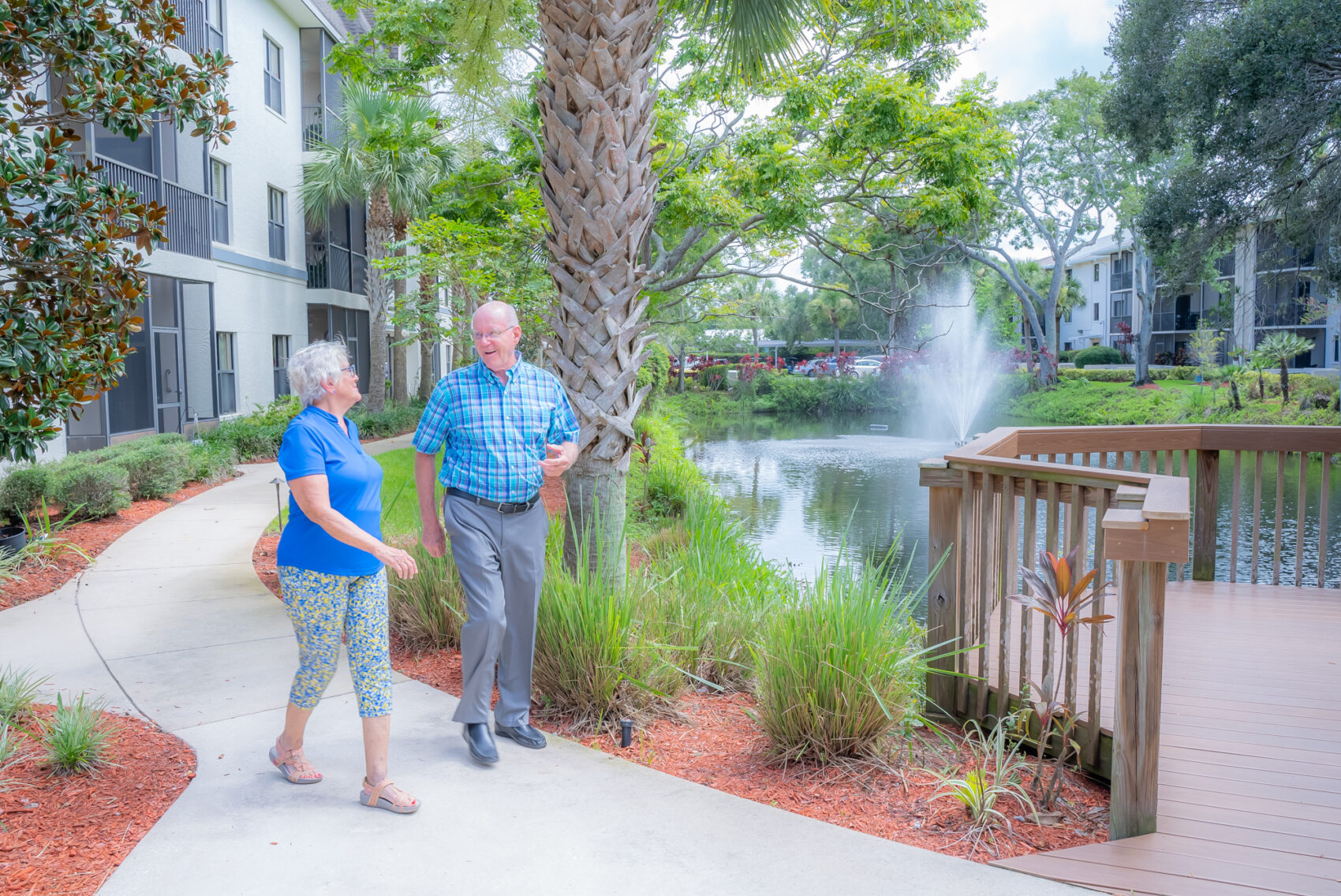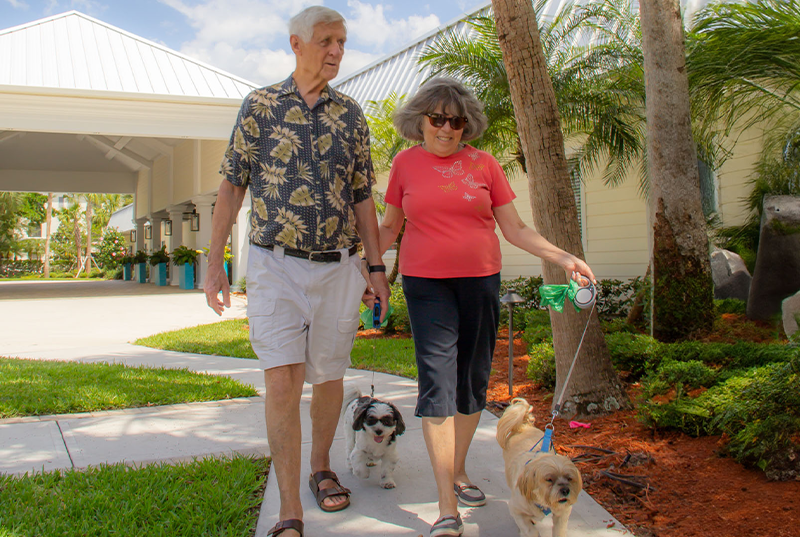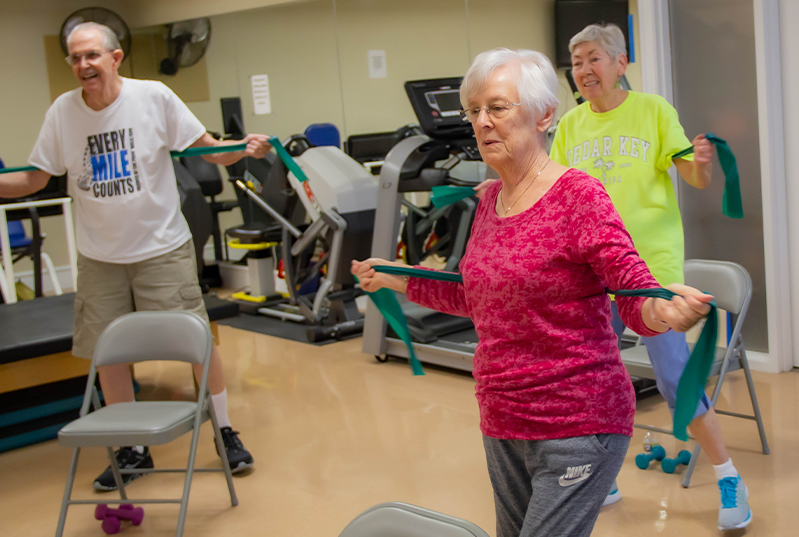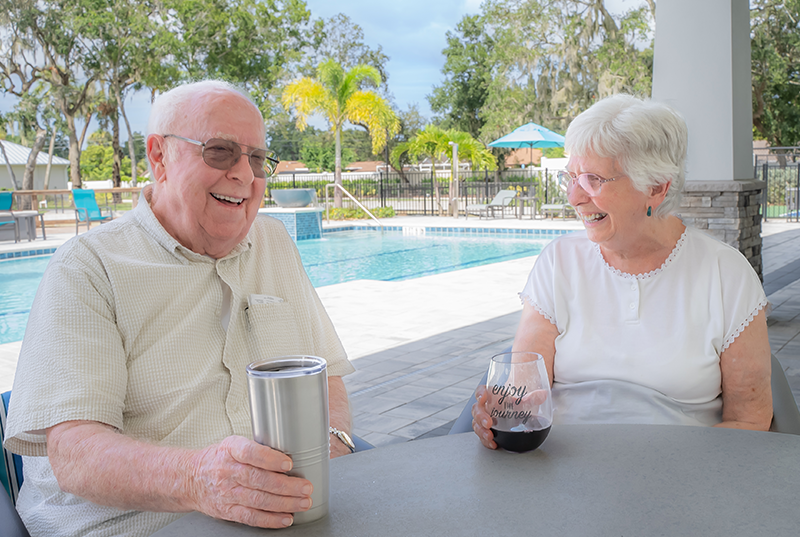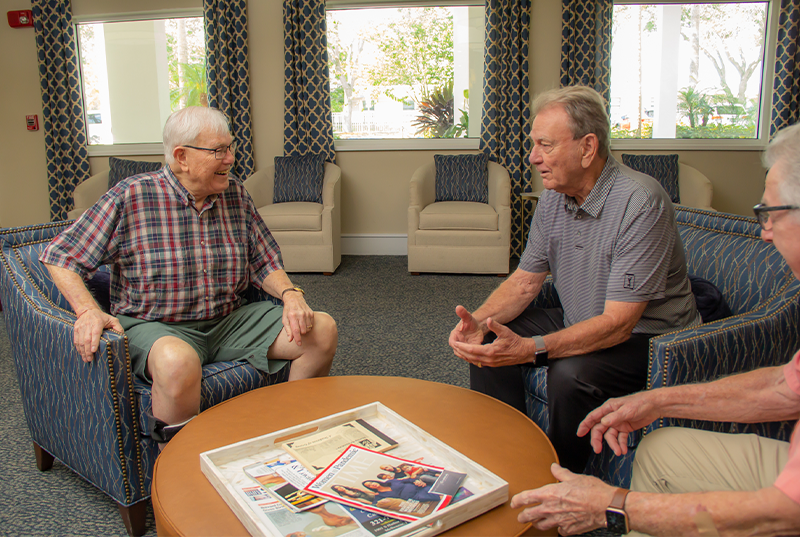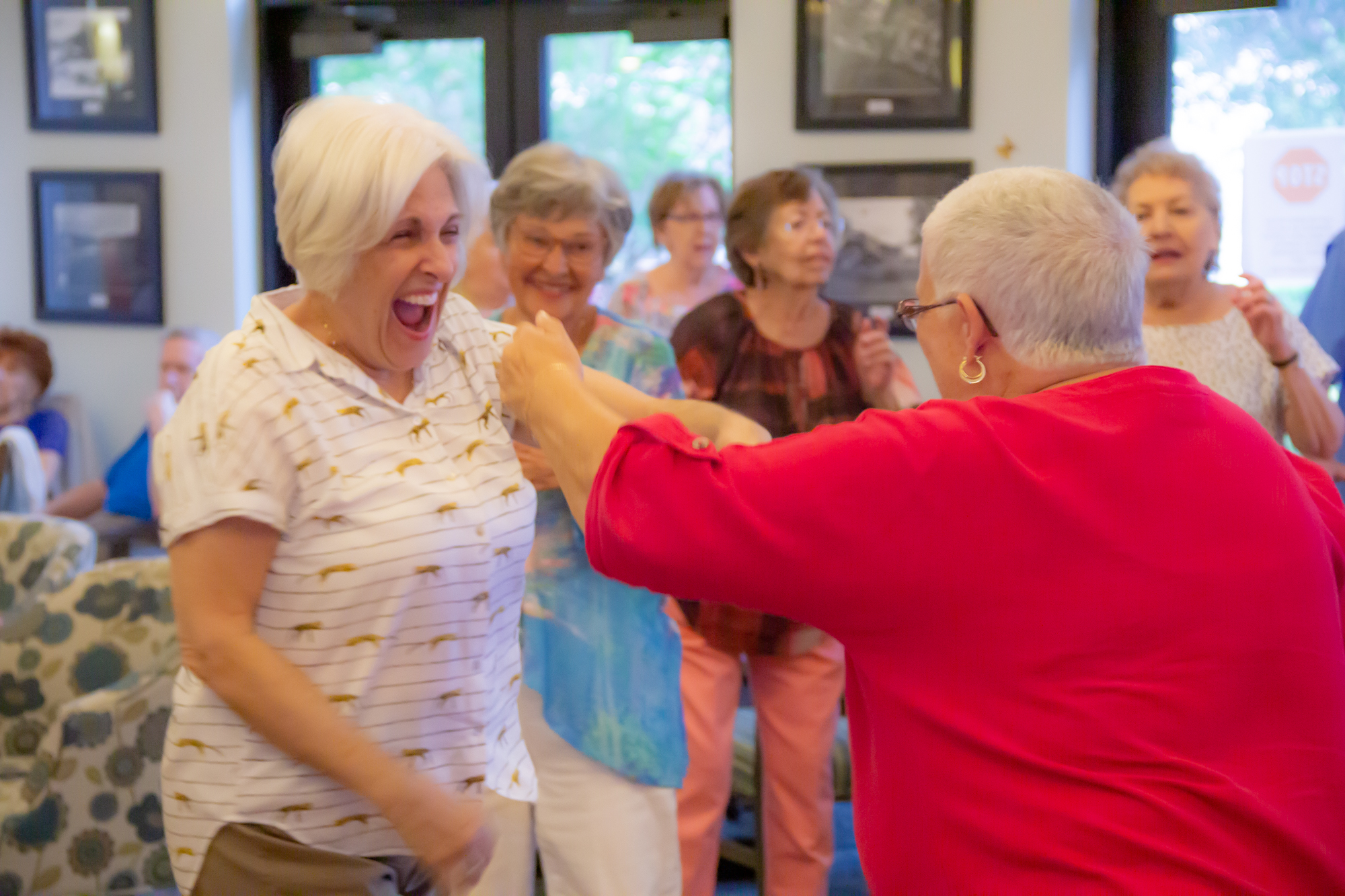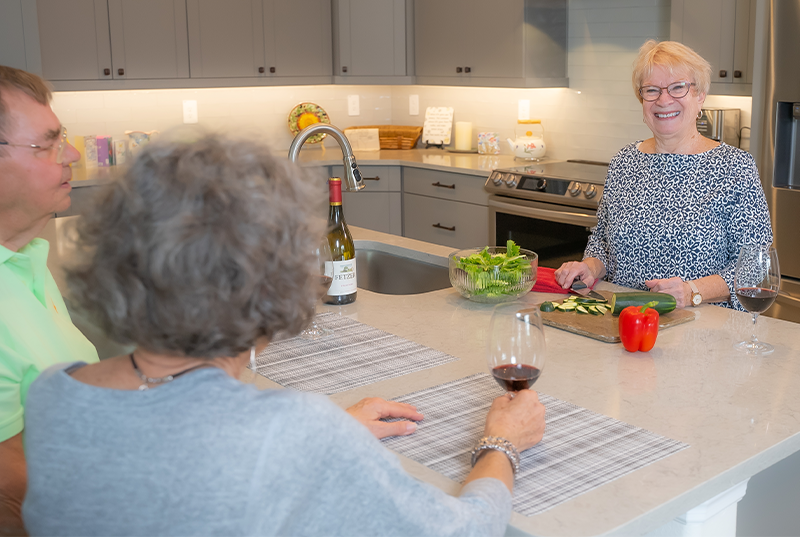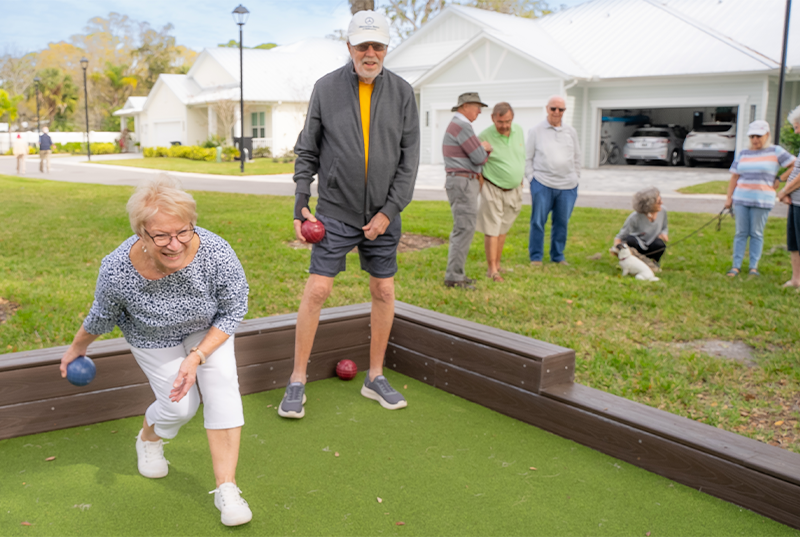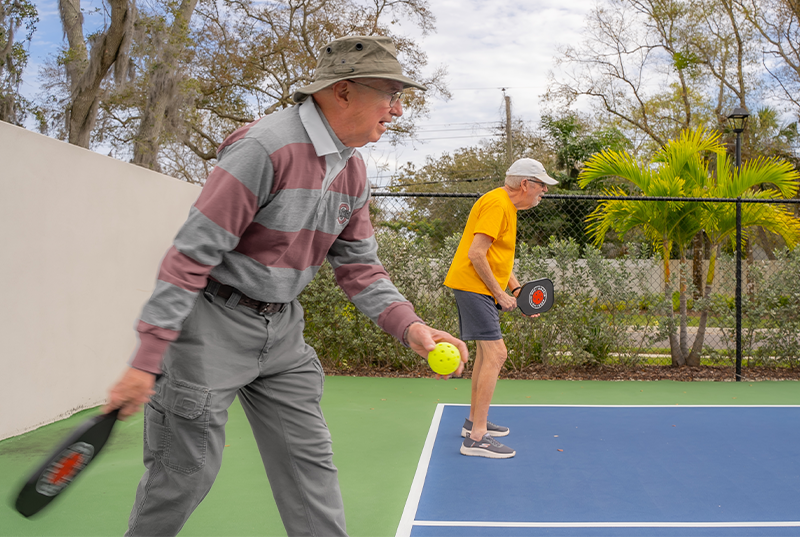How Practicing Gratitude Can Benefit Your Health: A Key Component to Positive Aging
 Research consistently highlights the profound benefits of practicing gratitude and the impact it can have on your health. In this blog post, we’ll explore the connection between gratitude and positive aging, shedding light on why incorporating this practice into daily life can be a game-changer for residents in Continuing Care Retirement Communities (CCRCs).
Research consistently highlights the profound benefits of practicing gratitude and the impact it can have on your health. In this blog post, we’ll explore the connection between gratitude and positive aging, shedding light on why incorporating this practice into daily life can be a game-changer for residents in Continuing Care Retirement Communities (CCRCs).
The Science of Gratitude
Scientific studies have dived into the effects of gratitude on mental, emotional, and physical well-being. Gratitude is linked to lower levels of stress, reduced symptoms of depression, and improved overall mental health. Physiologically, it is associated with better heart health, improved immune function, and a more robust response to stressors.
Positive Aging and Gratitude
As individuals transition into their retirement years, cultivating a grateful mindset becomes even more important. In CCRCs, where residents are surrounded by enriching experiences and supportive communities, practicing gratitude can enhance the positive aging process. Acknowledging and appreciating the opportunities, relationships, and joys that come with each day contributes to a more fulfilling and meaningful retirement.
Embracing the Present Moment
Gratitude encourages a focus on the present moment, allowing residents to savor the unique aspects of their lives in a CCRC. Whether it’s the camaraderie with neighbors, the vibrant activities, or the comfort of a supportive environment, expressing gratitude for these elements fosters a sense of contentment and well-being.
Building Resilience
In the face of life’s challenges, gratitude acts as a powerful tool for building resilience. It provides a positive perspective, helping residents navigate transitions, embrace change, and find strength. This resilience is a key component of positive aging, contributing to a more optimistic and empowered approach to life.
Incorporating Gratitude into Daily Life
Encouraging the practice of gratitude can be woven into the fabric of daily life in CCRCs. Whether through gratitude journals, community activities that promote reflection and appreciation, or simply fostering a culture of thankfulness, residents can enjoy the benefits of this transformative practice.
The benefits of practicing gratitude extend far beyond a polite “thank you.” In the context of CCRCs, where positive aging is a shared goal, cultivating gratitude becomes a cornerstone for a fulfilling retirement journey. By embracing gratitude as a daily practice, residents can enhance their mental, emotional, and physical well-being.


